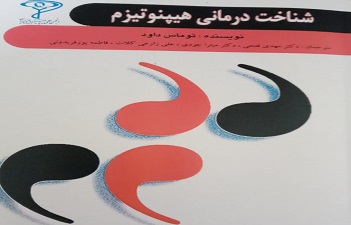For many years, hypnosis has come to the aid of medical science and psychology to be effective in solving human ailments.
The concept of hypnosis is deeply connected with another concept and that is the concept of mental beliefs. Both experience and science support the assumption that even the degree of hypnotizability of humans and the degree of their effectiveness from hypnosis is directly related to their belief and understanding of the change process.
In the definition of cognition, components such as alertness, knowledge, accurate performance and finally judgment play a fundamental role. Therefore, cognitive therapy and hypnosis both work through the channels of changing unprincipled cognitions and transforming them into correct cognitions.
Today, cognitive therapy is one of the basic foundations in hypnotic treatments and this central role originates from the fact that cognition is associated with mental images and hypnosis works by changing mental images.
Taken from the book Cognitive Therapy of Hypnosis written by Thomas Dowd







